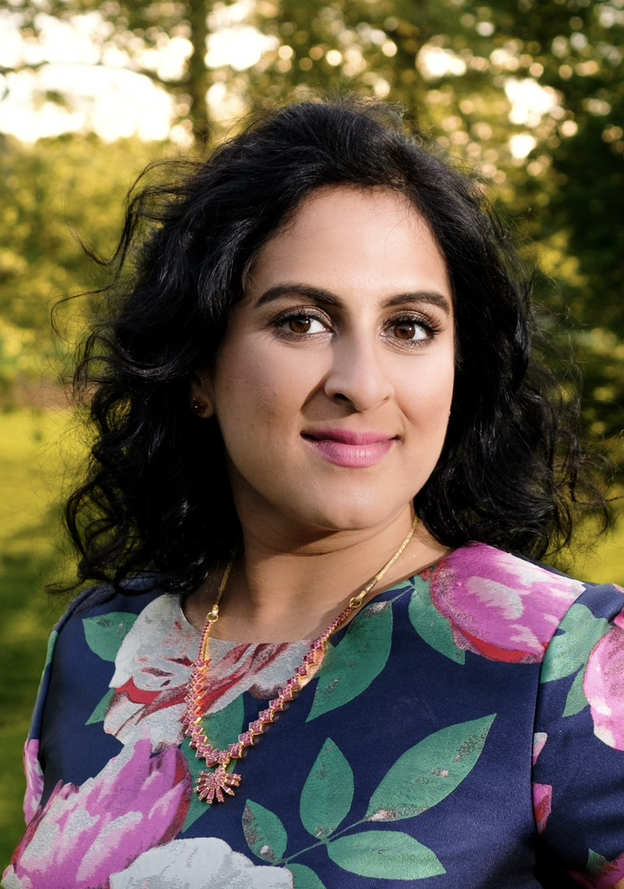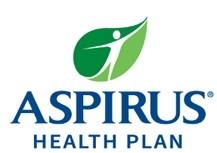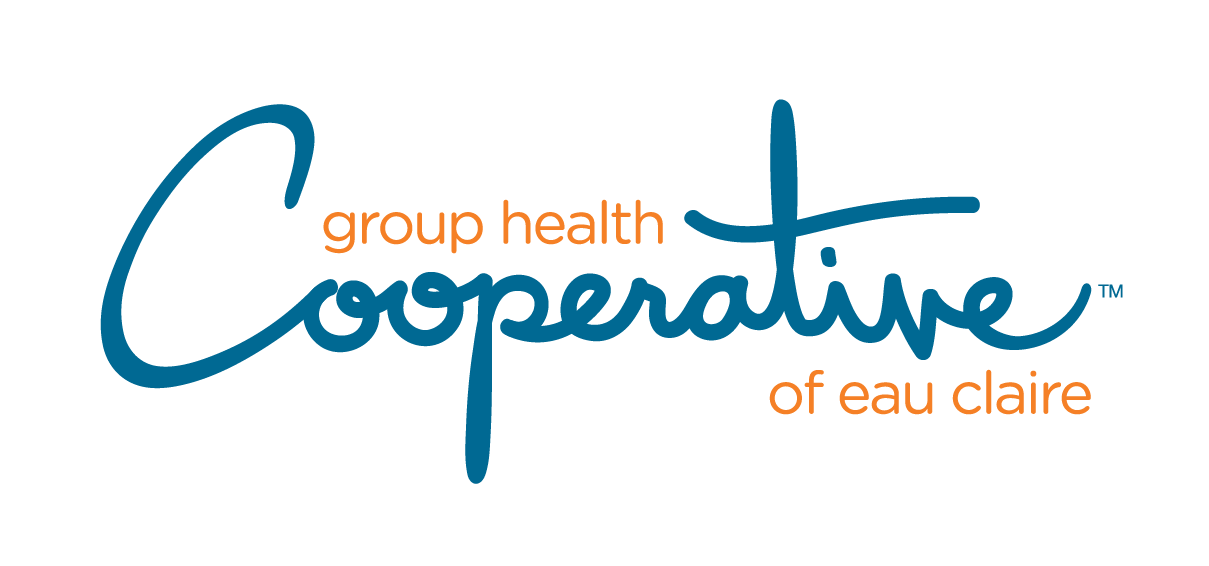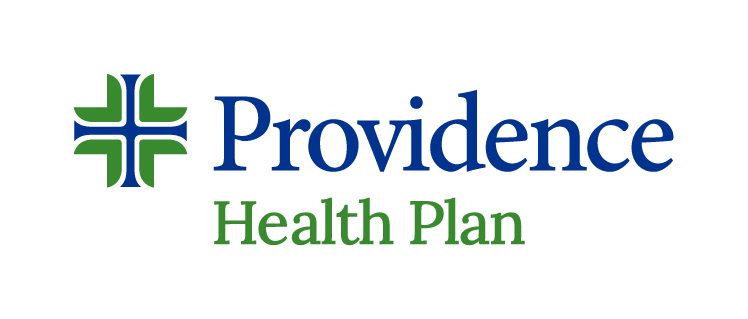May 22, 2023
AAPI Heritage Month offers us all a time to reflect on the contributions made by Asian Americans and Pacific Islanders and uplift community members who work to make a difference and leave a lasting impact on those around them. Diversity is the most important thread weaving us together – by recognizing the diverse backgrounds, perspectives and approaches within individuals in our community, we can ensure that the health care industry continues to evolve to meet the needs of those in all pockets across the United States. ACHP is proud to lift up the voices of those within and near to this community, such as UPMC Health Plan’s Lakshmi Davar, in our ongoing effort to celebrate diversity.

Tell us about yourself and your role in the organization?
I am an assistant counsel at UPMC Health Plan and have been with the company since 2018. In my role, I support our commercial line of business and our fraud, waste and abuse department. I also am the co-chair of the Corporate Legal Department’s Diversity and Inclusion Committee, the Cultivating Diversity and Inclusion Committee (CDIC). The CDIC’s mission is to combat institutional racism and social injustice in our offices, homes and communities. We lead collaborative efforts to increase equality and transparency and have a true before and after impact through our ongoing service with the CDIC.
Additionally, I serve on the leadership committee of the UPMC Diversity Experience Network, an employee led group whose purpose is to promote career and educational enhancement through networking, mentorship and advocacy for people of color and allies within UPMC Corporate Services.
Personally, I am a first-generation Indian American, born in Dayton, Ohio. My father immigrated to the United States in 1972, and my mother followed in 1978 after they were married. My husband is also an immigrant, and we have two beautiful sons.
How do you define diversity?
To me, diversity is the acceptance of differences – whether age, race, gender, socioeconomic status, sexual preference – anything that makes a person different from another person or group of people.
As we recognize AAPI Heritage Month, please share your thoughts about why it is important that we celebrate diversity within our organizations and communities?
In 1992, an act of Congress established May as Asian American and Pacific Islander Heritage Month. This date coincided with two milestones: the arrival of the first Japanese immigrants (May 7, 1843) and Chinese workers’ pivotal role in building the transcontinental railroad (completed May 10, 1869). Native Hawaiians were included as AAPIs in 2021 by presidential proclamation. Since 1997, the Office of Management and Budget has split this as two race categories (Asian and the Native Hawaiian and Other Pacific Islanders)
In the 180 years since Asian Americans first came to our shores, much has changed. 20.6 million people or 6.2 percent of the nation’s population self-identifies as Asian, Native Hawaiian or Pacific Islander. The AAPI community is the most rapidly growing ethnic group in the United States and is expected to comprise of over 40 million individuals by 2060. Both major political parties have nominated AAPI candidates, the first being Hiram Leong Fong (Republican Party, 1964) and the current Vice-President of the United States, Kamala Harris (Democrat).
While the AAPI community has made recent pop culture headlines with Oscar wins and hit songs, hate crimes against the AAPI community have been on the rise. For much of our history, Asian immigrants were posed as undesirable, were ineligible for citizenship, and subject to immigration restrictions (one case that always struck out to me personally was United States v. Bhagat Singh Thind, in which the U.S. Supreme Court held that Indians did not meet a “common sense” definition of white, and that no person of Indian origin could become a naturalized US Citizen).
One of the most effective ways to support the AAPI community is by promoting and supporting the community throughout the workplace and in your personal communities. An easy way to do this is by educating yourself on the contributions that the AAPI community has made to the United States. The AAPI community is now represented at every level of government and has made significant contributions in the science and technology industries. Many small businesses are owned by members of the AAPI community. I encourage you to take time to learn more about those in elected office, or perhaps spark a conversation with your local restaurant owner to learn more about their background. By broadening your horizons and learning more about the AAPI community, you can help to support our community beyond the month of May.
From your perspective at your organization, what are the most important steps health systems can take to promote equity in health care?
Health systems should hire, retain, and promote diverse employees that reflect the populations that they serve. Having someone that looks like you, speaks your language or can understand your cultural sensitivities will help promote trust in health care, from a patient, member and employee perspective.
What life and/or career advice would you give to your younger self?
Growing up in rural Ohio, it was often difficult to find an Indian person to look up to, besides my parents and family. However, as I developed into my professional career, I gained inspiration from several prominent Indians within the legal and business communities, such as Indira Nooyi and Sri Srinivasan. I would encourage myself to continue to find more people like me, so I would know that I was not alone in this endeavor. Also, I would remind myself to not abandon my cultural preferences in hopes it would make me a more attractive candidate.
New from ACHP:
- Overcoming Barriers: Transforming Black Maternal Health Through Research Webinar
- PODCAST: ACHP’s Ceci Connolly Joins Managed Healthcare Executive DC Roundtable Podcast
- OP-ED: What Could We Do if GLP-1 Weight Loss Drugs Were Free? Would Our Obesity Epidemic Be Solved for Good?
- ACHP Statement on Final Rule for Medicare Advantage and Part D
- WEBINAR: Medicare Advantage in 2024 and Beyond
- ACHP Joins First Lady Jill Biden and Health Care Leaders to Support Cancer Moonshot Initiative


































